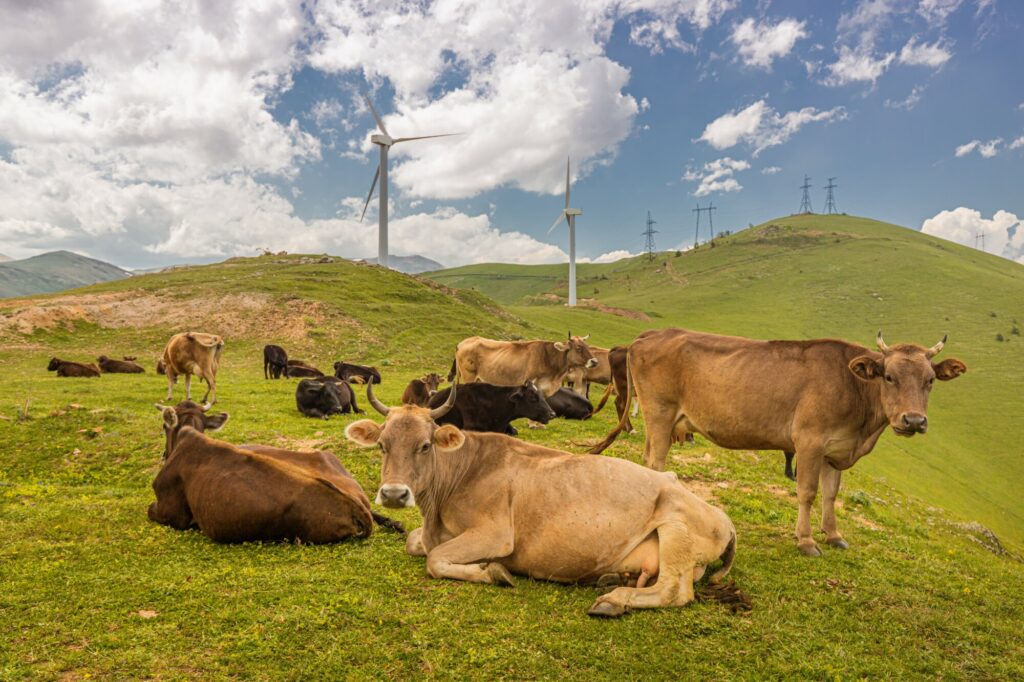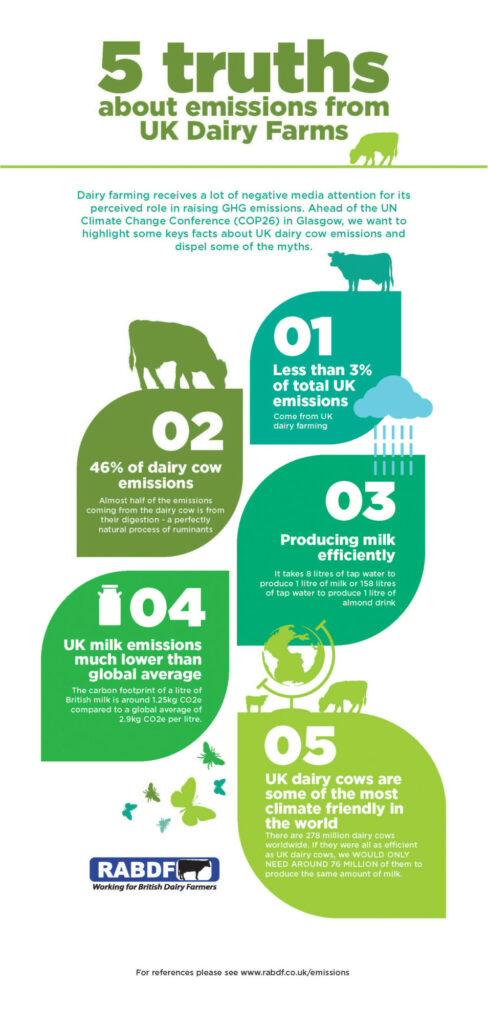COP26: Farming groups react to methane slash pledge
5th November 2021
The EU and US announced a global partnership to cut methane emissions by 2030.
US president Joe Biden and EU Commission chief Ursula von der Leyen made the announcement in Glasgow at the COP26 summit, on Tuesday (4th November). The global methane pledge aims to reduce emissions by 30% from 2020 levels by the end of the decade.
Britain is one of more than 100 countries signed up to the pledge discussed this week. It has been noted that three of the top five emitters, Russia, India and China have not agreed to the pledge, and neither has Australia.
Commenting from COP26 in Glasgow, NFU Scotland’s climate change policy manager Kate Hopper said: “Scottish farmers, crofters, and growers are already on their net zero journey and have a key role in further reducing emissions to meet climate change goals of net zero greenhouse gas emissions by 2045.
“The Scottish beef industry has a greenhouse gas footprint that is half of the world average and has reduced methane emissions by 18% in recent times. The carbon footprint of our milk is one-third lower than the world average. Scottish soils, which are grazed by cattle and sheep, hold a staggering 3,000 megatonnes of carbon and Nitrous Oxide emissions from fertilisers, soil cultivation and manure management have fallen by 15% as farmers have moved to more organic methods.
“While there is a lot more work to do, the Scottish public can be reassured that, with COP26 taking place in Glasgow, Scottish agriculture is making positive strides towards meeting its targets and responsibilities and that includes methane and, more importantly, the way we include methane in our emission calculations.”
The Royal Association of British Dairy Farmers (RABDF) calls on the Government to create a joined-up approach to reduce greenhouse gas emissions on-farm after the UK signed a Global Methane Emissions pledge at COP26 in Glasgow earlier this week (2nd November).
Peter Alvis, RABDF chairman, said: “It is difficult for agriculture to focus on a single gas because of the complex nature of livestock farming and the range of systems. We need to look at it holistically and have a policy that can tackle emissions collectively.
“Whilst we have the Clean Air Strategy and the Environment Land Management (ELM) scheme coming down the line, this is not supplying farmers with the tools they need to reduce emissions.
“We need (from the Government) a policy that is driven by up-to-date and accurate data. This will allow farmers to evaluate the best options for their systems, ensuring they can produce high-quality British food with lower emissions.”
The RABDF also stresses the importance that farming should not be seen as the scapegoat for methane emissions, nor should food production be exported to countries with lower animal or environmental standards than we have in the UK.
“We must remember dairy farming is responsible for less than 2% of the UK’s total emissions and of those emissions, 46% comes from their digestion, a perfectly natural process of ruminants. Livestock farming is often blamed for emissions, when in fact it is part of the solution when it comes to emissions as well as helping to feed the growing global population.”


